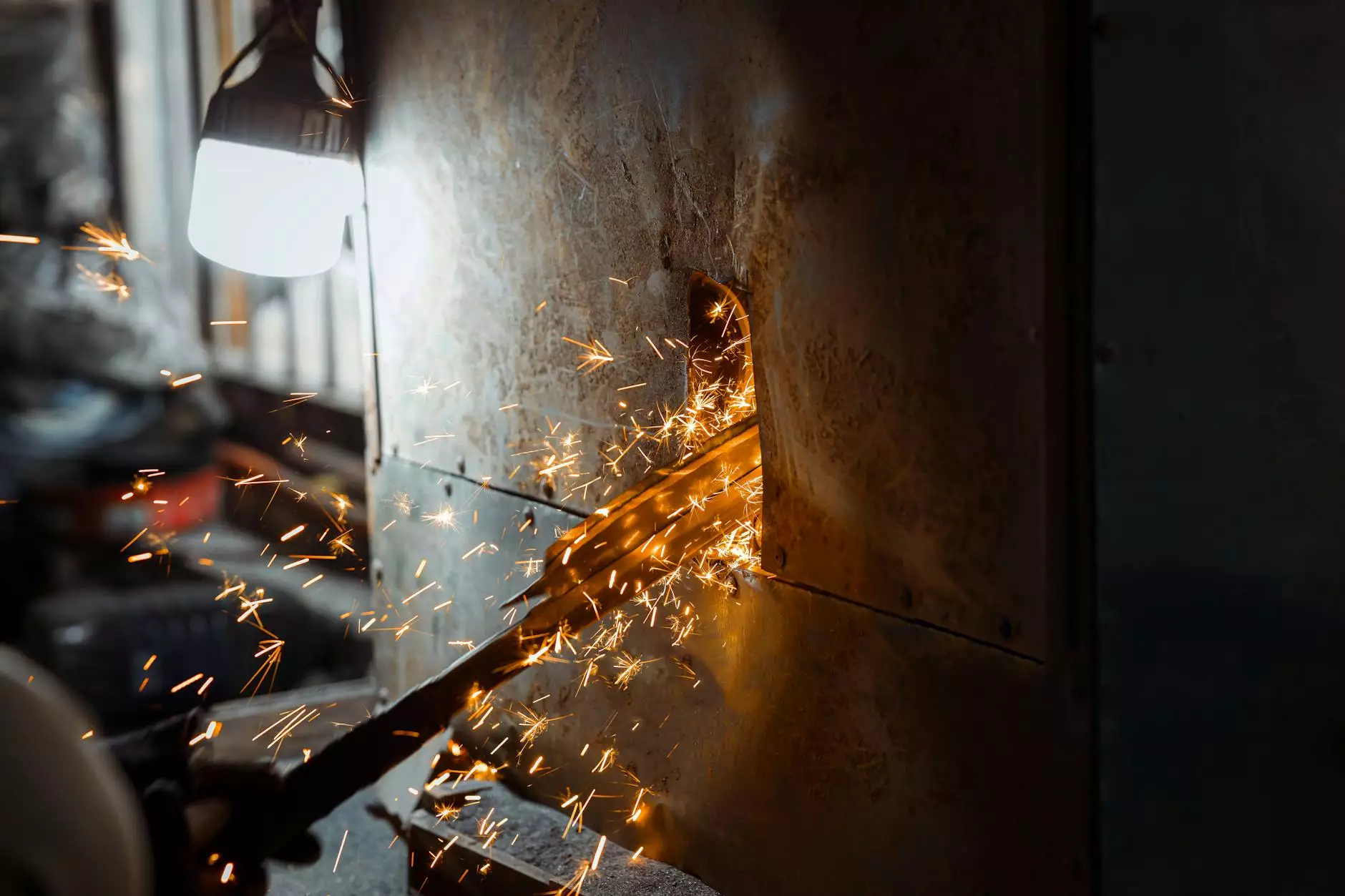Ultimate Guide to Replaster Pool Options: Transform Your Swimming Pool Today

When it comes to maintaining or restoring a swimming pool, few options are as crucial as choosing the right replaster pool options. Over time, pools suffer from wear, staining, and surface degradation that not only affect their aesthetic appeal but also their structural integrity and water efficiency. This comprehensive guide explores the various replaster pool options, helping you make an educated decision that aligns with your budget, aesthetic preferences, and long-term pool performance.
Understanding the Importance of Replastering Your Pool
Replastering is a vital part of pool renovation. It involves removing the old, worn-out surface and applying a new layer of high-quality plaster or alternative surface material. This process restores the pool’s appearance, enhances durability, and prevents issues such as leaks and scaling. Additionally, the choice of replaster pool options significantly impacts maintenance costs, water quality, and overall pool longevity.
Common Reasons to Consider Replaster Pool Options
- Surface deterioration: Cracks, chipping, or peeling plaster signals the need for refurbishment.
- Staining and discoloration: Persistent stains from minerals or algae can require a fresh surface.
- Leaking issues: Worn-out plaster may lead to leaks, increasing water bills and risking structural damage.
- Aesthetic upgrade: Wanting a modern or customized finish to improve visual appeal.
- Enhanced performance: New surfaces often improve water circulation and reduce chemical usage.
Exploring Replaster Pool Options: Materials and Finishes
The choice of surface material during replaster pool options is critical. Each material offers unique benefits, aesthetics, and costs. Here’s a detailed look at the most popular options:
1. Traditional White Plaster
This is the classic finish seen on most pools. Made from Portland cement, white plaster provides a smooth, bright surface that reflects sunlight beautifully, enhancing pool brightness and water clarity. It is often the most budget-friendly choice but tends to be the least durable, susceptible to staining, and prone to chipping over time.
2. Quartz Aggregate Finishes
Quartz finishes combine Portland cement with quartz particles, creating a visually appealing surface that is significantly more durable and resilient than traditional plaster. They come in a variety of colors and textures, ranging from smooth to slightly textured, giving a luxurious look and feel.
3. Pebble Tec and Pebble Sheen
Among the most popular replaster pool options for high-end resorts and upscale residential pools, pebble finishes involve small, polished stones embedded into the surface. They offer exceptional durability, slip resistance, and an elegant, natural appearance. Pebble finishes are highly resistant to staining and scaling, making them a preferred choice for longevity.
4. Plaster with Colored Chips
This option involves integrating colored aggregates or small chips into the plaster matrix, providing a vibrant, decorative finish that can emulate natural stones or other textures. It offers a customizable, artistic look, perfect for homeowners seeking personalization.
5. Fiber-Reinforced Plaster
Enhanced with fiber reinforcement, this type of plaster offers extra strength, crack resistance, and longevity. It is an excellent choice for pools in regions with significant temperature fluctuations or ground movement.
Key Factors to Consider When Choosing Replaster Pool Options
Selecting the best replaster pool options involves evaluating several factors to ensure durability, aesthetic appeal, and cost-effectiveness:
- Budget: Determine your budget from the outset as some finishes, like pebble or quartz, are more expensive than traditional plaster.
- Durability Needs: If you desire a long-lasting surface that withstands stains, chemicals, and wear, opt for pebble or quartz finishes.
- Design and Aesthetics: Consider colors, textures, and finishes that match your pool landscaping and personal preferences.
- Ease of Maintenance: Some finishes require less frequent cleaning and chemical balancing, saving time and costs.
- Environmental Conditions: Factors like climate, ground movement, and water chemistry influence the choice of surface material.
Costs and Longevity of Replaster Pool Options
Understanding the costs associated with each replaster pool option is essential for planning your renovation budget. Prices can vary based on material, labor, pool size, and region:
Replaster TypeAverage Cost per Square FootEstimated LifespanNotesTraditional White Plaster$35 - $507 - 10 yearsLeast durable, most affordableQuartz Aggregate Finishes$50 - $7010 - 15 yearsEnhanced durability, customizable colorsPebble Tec/Pebble Sheen$70 - $10020+ yearsHighest durability, luxurious appearanceColored Chips & Artistic Finishes$60 - $8010 - 15 yearsHighly customizable aestheticsProfessional Installation: Why Quality Matters
Choosing the right replaster pool options isn’t solely about selecting a material; the skill of the installation team plays a pivotal role. Proper surface preparation, mixing, application, and curing are critical to maximize longevity and satisfaction. Experienced professionals from reputable companies like poolrenovation.com ensure meticulous workmanship, which can prevent issues like surface delamination, cracking, or uneven texture.
Environmental and Maintenance Considerations
Long-term performance of your pool surface depends on ongoing maintenance and environmental factors. Here are some expert tips to prolong the life of your replaster pool options:
- Regular cleaning: Use appropriate pool vacuums and gentle brushes designed for your surface type.
- Chemical balancing: Maintain proper water pH, alkalinity, and sanitizer levels to prevent scaling and staining.
- Avoid harsh chemicals: Stick to manufacturer-recommended products to prevent surface damage.
- Proper filtration: Ensure your pool's filtration system is functioning optimally to reduce debris and algae buildup.
- Address leaks promptly: Early detection and repair can mitigate further surface damage.
Innovations in Replaster Pool Options
The pool industry continues to innovate, offering eco-friendly, UV-resistant, and antimicrobial surfaces designed to improve pool hygiene and sustainability. Recent advancements include:
- Eco-friendly finishes made from sustainable materials that reduce chemical dependence.
- UV-resistant coatings to prevent fading and deterioration from sun exposure.
- Antimicrobial surfaces that inhibit algae growth and allow easier cleaning.
Choosing the Right Partner for Your Pool Renovation
Implementing replaster pool options requires expertise and attention to detail. When selecting a contractor, consider:
- Experience and reputation: Look for companies with proven track records in pool renovations.
- Portfolio of past work: Review before-and-after photos of previous projects.
- Transparency in pricing: Obtain detailed estimates including materials, labor, and potential additional costs.
- Customer reviews and testimonials: Feedback from recent clients can provide insights into quality and reliability.
Conclusion: Make an Informed Choice for Your Pool
Investing in the right replaster pool options is a surefire way to rejuvenate your swimming pool, enhance its aesthetics, and extend its lifespan. From traditional plaster to high-end pebble finishes, there are numerous choices tailored to every budget and style preference. Remember that professional installation and ongoing maintenance are key to ensuring your pool's surface remains pristine and functional for years to come.
If you are ready to explore the best replaster pool options for your property, contact expert service providers like poolrenovation.com. They can assess your current pool, recommend suitable solutions, and execute the renovation with unmatched precision and care.
Revamp your swimming experience with the perfect surface — because a beautiful, durable pool is a valuable investment in your home's luxury and enjoyment.









